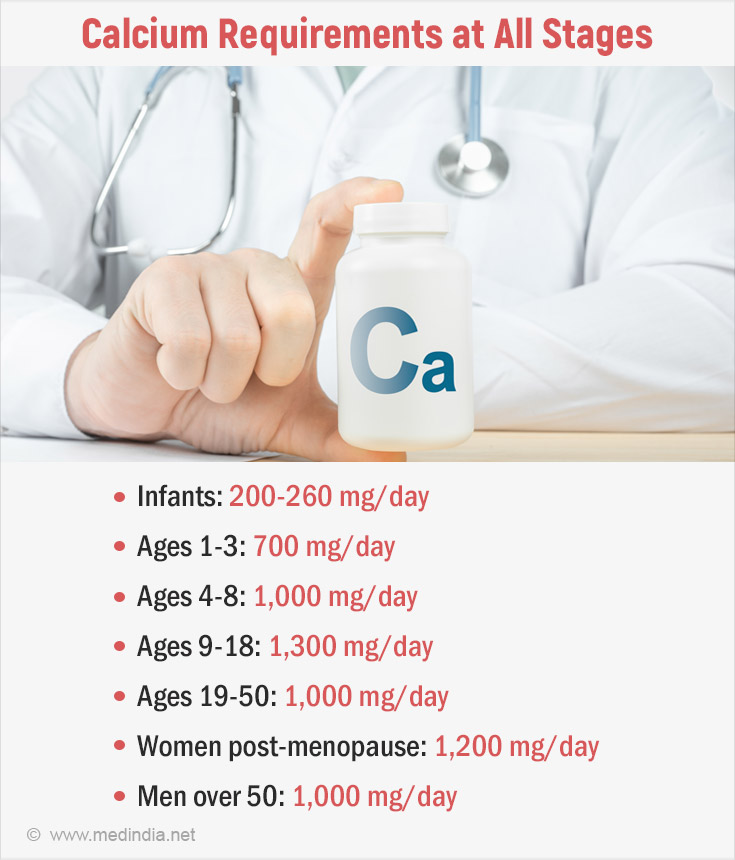- Healthy Bones at Every Age - (https://orthoinfo.aaos.org/en/staying-healthy/healthy-bones-at-every-age/)
About
Our bones are more than just a structural framework; they're our body's calcium storage system. This vital mineral is essential for countless bodily functions, but it's particularly crucial for bone health. When our diet lacks sufficient calcium, our body resorts to tapping into its bone reserves, weakening them over time(1✔ ✔Trusted Source
Healthy Bones at Every Age
Go to source).
This depletion can lead to osteoporosis, a condition marked by fragile bones prone to fractures. While older adults are most at risk for debilitating breaks, especially in the hip, wrist, and spine, building strong bones from a young age is key to preventing this condition.
Did You Know?
Peak bone mass is reached by age 30, making early bone health crucial. #medindia #bonehealth #vitamind
What is Peak Bone Mass?
Peak bone mass is the maximum bone density our bodies achieve. While genetics play a significant role, lifestyle factors like diet and exercise can significantly influence this peak. The golden period for bone building is during childhood, adolescence, and early adulthood.
Key factors affecting peak bone mass:
Genetics: Determine bone structure and size
Diet: Calcium and vitamin D intake are crucial
Exercise: Weight-bearing activities build bone strength
Lifestyle: Smoking, excessive alcohol, and poor nutrition hinder bone health
By age 30, most people reach their peak bone mass. After this, bone loss gradually begins. However, with proper nutrition and regular exercise, we can significantly slow this process and reduce the risk of osteoporosis later in life.
Bone Health at Every Stage
Infancy and Childhood: Building the Foundation
From birth to age 9, children need ample calcium and Vitamin D to develop strong bones and teeth. Infants from their birth to 12 months of age require 200-260 mg of calcium daily, provided by breast milk or formula, along with 400 IU of Vitamin D supplements due to low levels in breast milk. As children grow, their calcium needs increase:
Ages 1-3: 700 mg of calcium and 600 IU of Vitamin D daily. Whole milk is recommended until age 2, then low fat or skim milk.
Ages 4-8: 1,000 mg of calcium and 600 IU of Vitamin D daily. Milk, yogurt, and fortified juices are excellent sources.
Ensuring children get enough of these nutrients helps prevent conditions like rickets, which can cause bone deformities.
Adolescence: Maximizing Bone Growth
The ages between 10 and 20 are crucial for building peak bone mass. Puberty, especially, is a significant period for bone development:
Boys and girls (ages 10-20): Need 1,300 mg of calcium daily. Sources include dairy products, leafy greens, fish, and fortified foods.
Vitamin D: Supplementing with at least 600 IU daily ensures proper calcium absorption.
During puberty, rapid growth means bones need more calcium. Encourage weight bearing activities like running, walking, and team sports to strengthen bones.
Young Adulthood: Reaching Peak Bone Mass
Between ages 20 and 30, bones reach their maximum strength. Maintain bone health by:
- Consuming 1,000 mg of calcium daily.
- Supplementing with Vitamin D to achieve 600-1000 IU daily.
- Engaging in regular weight bearing and muscle-strengthening exercises.
For pregnant or breastfeeding women, it's crucial to meet these calcium needs to support both their own bone health and that of their baby.

Midlife: Preserving Bone Density
From ages 30 to 50, bone density gradually declines. Combat this by:
- Ensuring a daily intake of 1,000 mg of calcium and 600-1000 IU of Vitamin D.
- Continuing weight bearing and muscle-strengthening exercises to preserve bone and muscle mass.
Regular physical activity not only helps maintain bone strength but also reduces the risk of falls.
Senior Years: Preventing Osteoporosis
After age 50, the focus shifts to preventing osteoporosis and fractures:
Women post-menopause: Increase calcium intake to 1,200 mg daily due to rapid bone loss from decreased estrogen.
Men over 50: Continue with 1,000 mg of calcium daily.
Vitamin D: 800 IU daily is recommended for those over 70.
Regular bone density testing can help monitor bone health, and fall prevention strategies become crucial to maintaining independence.
Bone health requires attention at every age. By ensuring adequate calcium and Vitamin D intake, along with regular exercise, you can maintain strong bones and reduce the risk of osteoporosis. Healthy lifestyle choices early on and continued throughout life significantly enhance bone health and overall quality of life.










